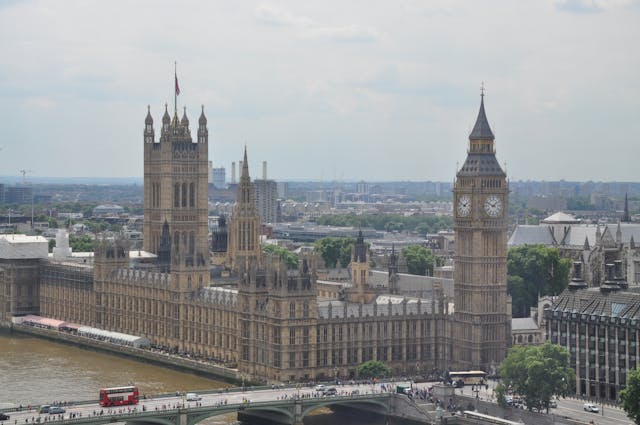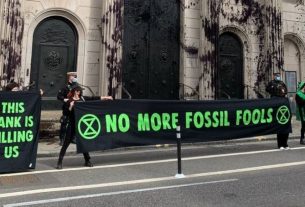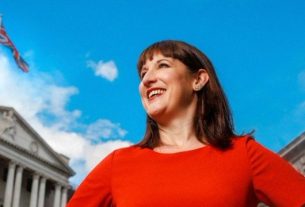As the general election campaign draws to a close, the fate of Britain’s leading politicians now rests in the hands of the voters. Party leaders are making their final appeals.
Prime Minister Rishi Sunak remains publicly optimistic. However, the Conservatives, who have governed for 14 years under five different leaders, have seen their support decline since 2021 due to scandals like the lockdown-breaking parties at 10 Downing Street under Boris Johnson.
Johnson’s successor, Liz Truss, had a brief and turbulent tenure, with her ‘mini-budget’ causing the pound to plummet. Sunak, a former investment banker, has struggled to convince voters he can revive the UK’s economy.
Key issues on the campaign trail include the economy, housing, the NHS, and migration. Sunak’s controversial plan to deport asylum seekers to Rwanda, conditional on his re-election, has faced backlash and a Supreme Court ruling deeming it unlawful. Despite no flights having taken off, Sunak continues to push the plan.
Labour’s task is more straightforward. In England, they primarily aim to win over former Conservative voters. Although there are quiet concerns about Reform UK’s potential strength in some Labour seats, particularly in South Yorkshire, the Labour campaign has maintained a consistent one-word message: “Change.”
In the final days, this message has been adapted to warn voters that achieving change requires their vote, reflecting concerns that complacency might lead some potential Labour voters to stay home or support another party.
Labour’s manifesto focuses on tackling the cost-of-living crisis, reducing NHS waiting lists, building 300,000 homes annually, and investing in green technologies. Starmer has also vowed to crack down on human smugglers and reduce net migration, though without setting specific targets.
The election could also see Nigel Farage, former MEP and Brexit activist, make his eighth bid for an MP seat with Reform UK. Farage’s announcement to run in Clacton, Essex, saw a surge in support for his party, though his controversial comments on Russia’s invasion of Ukraine have caused a dip in support.
Reform UK advocates for a freeze on non-essential immigration, scrapping net-zero targets, and leaving the European Convention on Human Rights.
The Liberal Democrats, who faced heavy losses in the previous election, hope to make a comeback with a pro-European Union stance.
They propose gradual integration into European programs and eventually the EU single market, with re-joining the bloc as their ultimate long-term goal.




